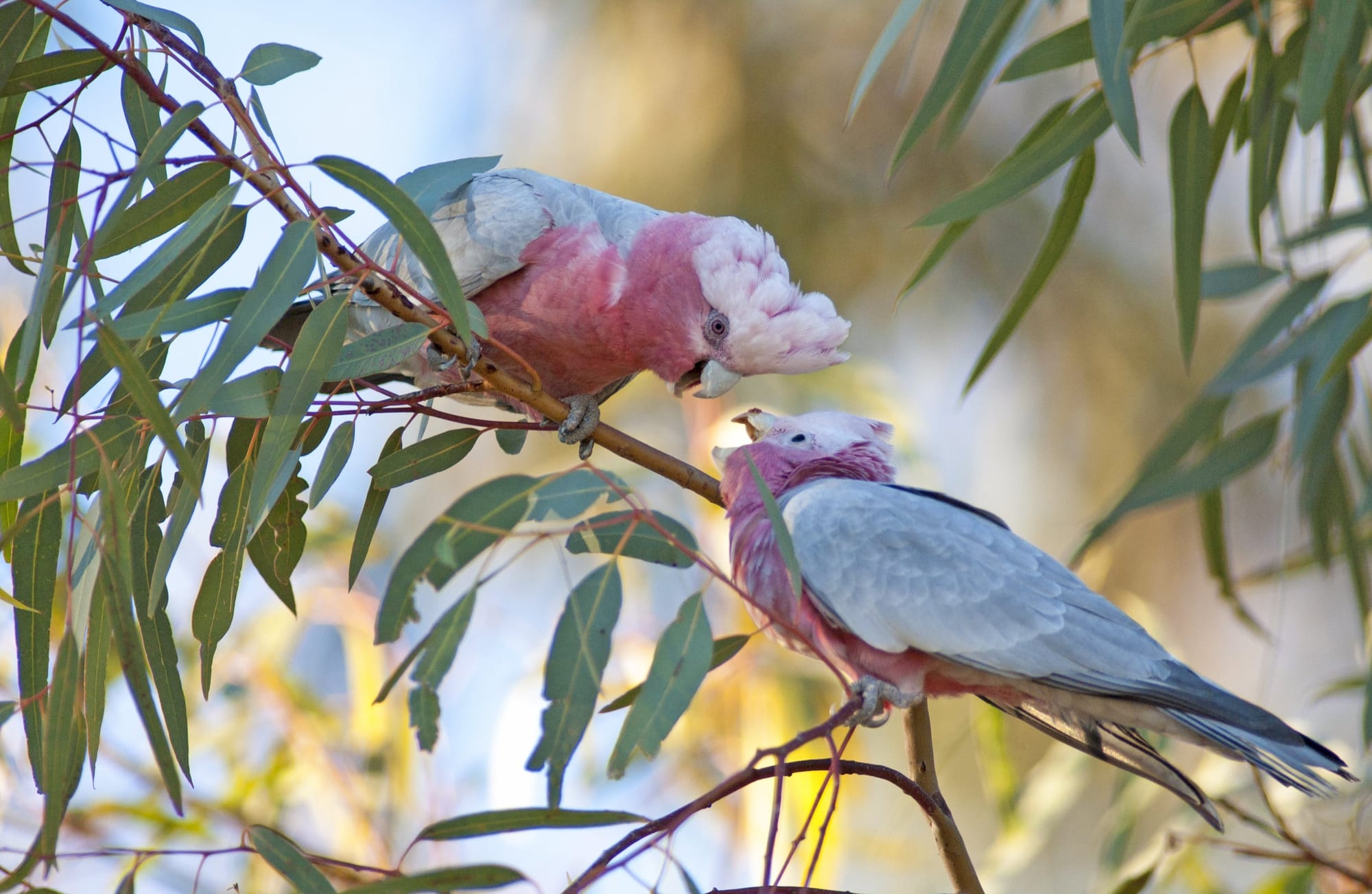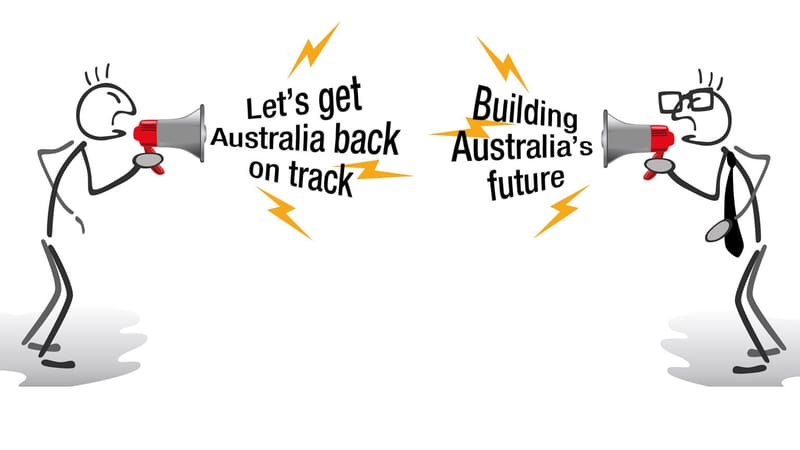
It might seem strange that I – the lone seppo on this research team – is bringing this up. And to be honest, I didn’t – my nine-year-old did.
We were travelling up to Hurstbridge, Victoria, to get a few ducks to add to our flock of chooks. If you’ve made the trip, or if you live out that way, you know there are heaps of cockies and galahs.
My son asked: “Isn’t galah a way of saying ‘stupid’?”
“Yep,” I said with a laugh.
He asked: “Do Americans know that?”
“Most of them wouldn’t.”
My nine-year-old smiled. “That’s the best thing about Australian words. They’re our words, and other people don’t know them. You can call an American a galah, and they won’t know what you mean.”
And, of course, he’s right. This is one of the special things about Australian words. They’re near and dear to who we are. We take pleasure in confusing other people about them – whether we’re telling people to “bring a dish”, or calling them a “galah”.
This “galah” thing reminded me that Australian English has more than a few words for “stupid”, and that we had begun looking at them in our survey data.
Here are the most common terms as per our survey of 2300 Australians.
Cuz it's topical, here were the most common words for 'stupid' in our research team's survey on Australian slang https://t.co/wqWe5LEAxa pic.twitter.com/PQa2yybS2m— Howie Manns (@HowardManns) March 7, 2022
There’s so much to say about this table. However, for the sake of space, and to represent where we are in the analysis (early!), I’ll keep to making two quick points.
First, “drongo” – 886 tokens. That’s more than one in three respondents. And, honestly, what a great word.
If you're an animal-lover, spare a thought for Drongo the racehorse. Drongo wasn’t a bad racehorse. However, in the shadow of the famed Phar Lap, Drongo fell short of expectations – 37 starts, but, alas, poor Drongo, no wins.
Phar Lap’s name is writ large in the history books, his hide revered in the Museum of Victoria, and his heart an object of wonder in the Australian Institute of Anatomy. Drongo? Australians offer his name as a quiet prayer when meeting a galah, fuckwit or nong.
Second, more than a few people – especially young people – have been surprised by this table. I tweeted it out a few months ago, and one person wondered where “gronk” was (it appeared six times). The Australian National Dictionary, currently preparing its third edition – asked about “flog” (it appeared once).
Plenty more stupid to come
A few punters raised an eyebrow at “drongo” and “galah”, which they thought surely must have been relegated to the bins of linguistic history. And, look, they’re not wrong. We can confirm that both words do in fact skew into the higher age groups (40-plus).
However, fret not. As we’ve said before, the Australian lexicon is changing, but it’s not dying. Young people use a wider variety of words for “stupid”, and we’ll have more to say about this soon!
Read more: Slang, mixed idioms, and the monster mash of language
Sure, the old cobbers will have their drongos and galahs, but the ankle-biters are conjuring a new wave of lexical innovations for the next generation of boofheads.
If you’ve not gone troppo by now with all this stupid, be sure to check out this segment from ABC Perth.
We were happy as Larry that Daniel Midgley (of Because Language podcast fame) saw the tweet, and provided some background on these words to ABC’s Perth’s Breakfast with Tom Baddeley.
Go to our website to catch up on other discoveries on the history and evolution of Aussie slang, and to comment on this article. We’d love your feedback.





